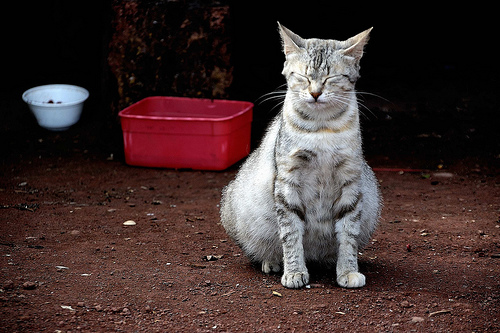
Pregnant cat on your hands? Don’t panic. Cats have been having kittens since, well, forever. There is a lot of information out there to sort through, so we've made it easy for you with our list of five important things you need to know to keep your cat healthy and comfy during her pregnancy.
- A pregnant or nursing cat is referred to as a queen, and you might agree that she is becoming more demanding as she progresses through her pregnancy. She may become increasingly vocal, meowing for attention, affection and comfort, or because of discomfort from the growing weight of her abdomen and false labor contractions. Later in the pregnancy, expect your little queen to be hungry most of the time, and napping the rest of the time.
- The average cat pregnancy lasts 65 to 69 days. This may not seem very long, until you take into account the human-to-cat aging ratio. If a cat's yearly age is determined by multiplying seven (a rough estimate, to be sure), then a cat pregnancy is really 14 months long. If, on the other hand, a pregnant one-year-old cat is considered to be 15 years old in human years (another unproven estimate) the comparative length of pregnancy jumps to 30 months. Definitely nothing to sneer at, or envy.
- Your cat will gain weight, but she will not really begin to show until the last few weeks. That is also when her appetite will increase the most, and now is not the time for watching her weight (unless she was already overweight). Remember, she is not only eating for one anymore. She may be eating for several! Cats have been known to get morning sickness and cravings, just like people, but if you find your cat is eating dirt, or anything else that is not food, check with your vet. She may have a condition called pica, and she may need supplements due to a nutritional imbalance or mineral deficiency.
- Otherwise, feed your queen the same food she has always enjoyed, but start mixing protein into the meals. Later in the pregnancy, you may want to switch her to a kitten food that is formulated for growing cats. You can continue that diet until she has weaned her kittens, supplementing it with a quality canned food or sardines. Because of the space being taken up inside, there will not be much room left for food, so your cat will need to eat smaller and more frequent meals. Make sure that there is always food available for when she is hungry, and most importantly, that there is always water available to her.
- In the final stages of pregnancy, your cat's nipples will swell, and there may be some milk leakage. It is possible that she will not make it to her litter box on time, due to increased pressure in her lower abdomen. Now is not the time to scold her. She may also need a little extra help cleaning her bottom, if her belly is not allowing her to reach it. A soft, moist cloth can be used, if she will allow it. Just before she goes into labor, your queen will be wandering the house restlessly looking for a nesting space to birth in. You will want to keep your closets closed, but create a quiet corner with a paper lined box. She may or may not use it. If you suspect that she has gone into labor, keep the house as calm and quiet as possible and do not get involved in the birthing process unless you are absolutely positive that something has gone wrong. If your queen feels stressed or threatened at all, her labor can stop cold, possibly leading to a life-threatening situation for her or her kittens. Once the kittens have all arrived, and your queen is relaxed, the whole family can be moved to a clean and comfortable area that has been set aside for their bedding.
Congratulations, you are now the proud "parent" of several new kittens that will soon be scurrying around. Keep in mind that their immune systems and bones are very fragile; they should not be picked up by every cooing person that comes along -- not to mention the "queen mum" may become violently protective if anyone does try to do this too soon. Keep the new babies celebration simple. Balloons and catnip cake are fine, but no cigars, as they are bad for baby's new lungs.


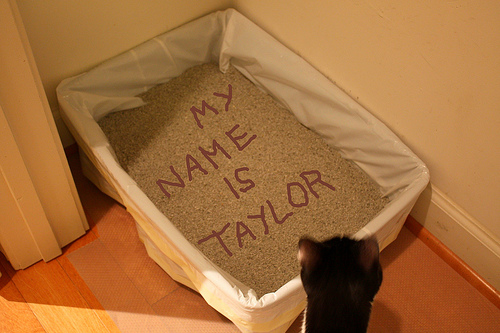 Keeping Odor Away With a Clean Litter Box
If you can count you
Keeping Odor Away With a Clean Litter Box
If you can count you
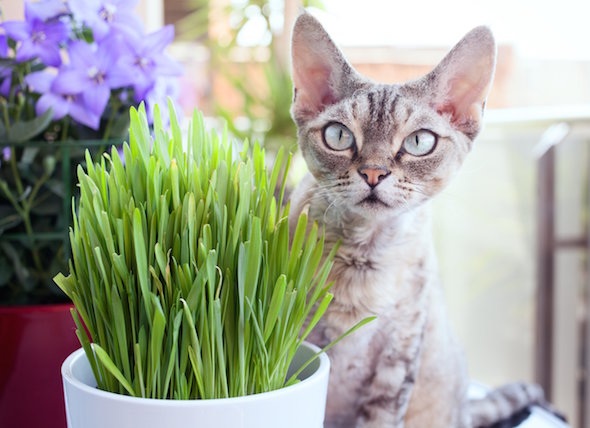 How to Grow Cat Grass
By Stacia Friedman
Nibbling on g
How to Grow Cat Grass
By Stacia Friedman
Nibbling on g
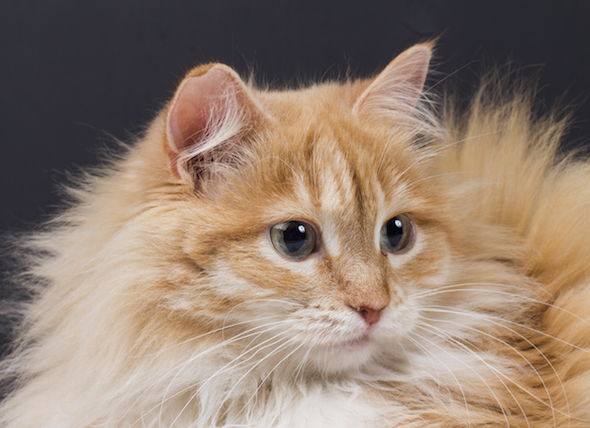 Facts About Cat Dander and Allergies
By Vanessa Voltolina
Do you get
Facts About Cat Dander and Allergies
By Vanessa Voltolina
Do you get
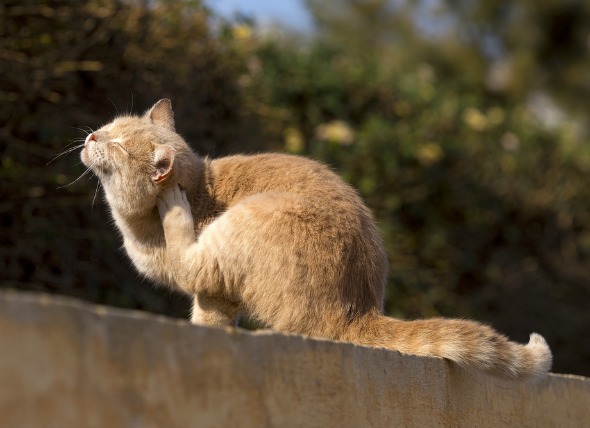 Does My Cat Have Fleas?
How to Inspect and Remove Fleas from Your Cat
&nbs
Does My Cat Have Fleas?
How to Inspect and Remove Fleas from Your Cat
&nbs
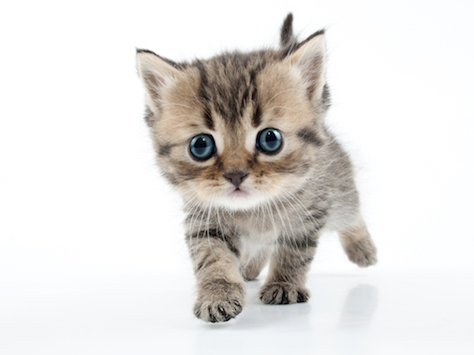 How to Socialize a Kitten With New People
By Cheryl Lock
If you just brou
How to Socialize a Kitten With New People
By Cheryl Lock
If you just brou